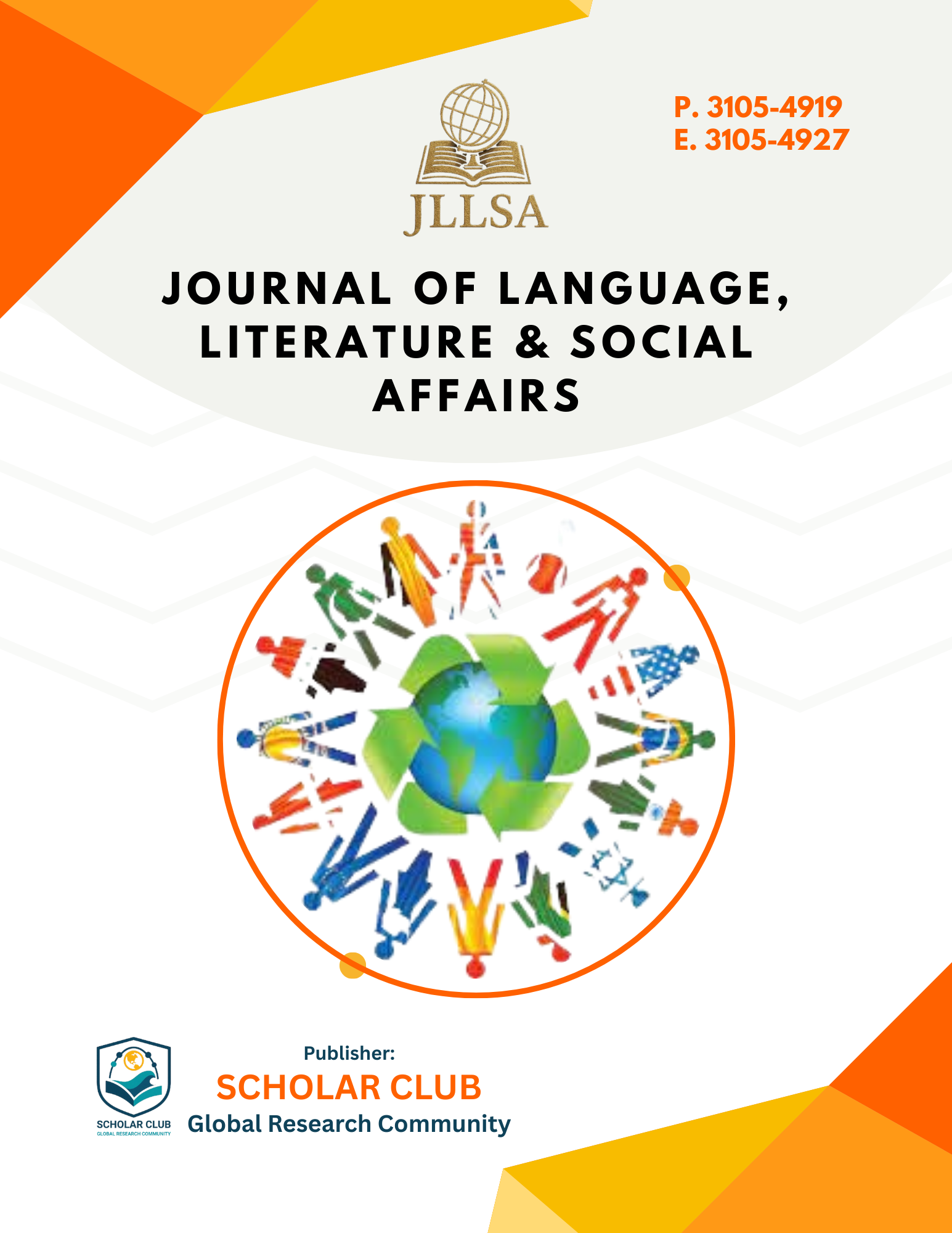The Child in the Cellar: A Kantian Perspective on Moral Dilemmas in The Ones Who Walk Away from Omelas by Ursula K. Le Guin
DOI:
https://doi.org/10.63056/jllsa.1.4.2025.81Keywords:
deontological ethics, morality, immanuel kant, categorical imperative, The Ones Who Walk Away from Omelas, Ursula K. Le Guin, universalizationAbstract
Deontological Ethics is a philosophical approach for justifying an action under universal moral laws. In Deontology, Immanuel Kant presents the three universal formulations of the Categorical Imperative to distinguish human actions from a universal viewpoint. Many scholars have applied Kant’s Categorical Imperative to different literary works, but inadequate research has been conducted on the exploration of the Categorical Imperative and its three formulations in Le Guin’s short story The Ones Who Walk Away from Omelas. By using the qualitative research method, this study aims to examine the ethical dilemmas in The Ones Who Walk Away from Omelas through the lens of Kantian Categorical Imperative. The findings of the study suggested that The ones who walk away from Omelas are mediocre in moral justification, neither prefer every action universalized nor reject those who will to action. This analysis highlights how Kant’s ethical principle explores the moral dilemmas in The Ones Who Walk Away from Omelas.
Downloads
Published
How to Cite
Issue
Section
License
Copyright (c) 2025 Muhammad Khalid

This work is licensed under a Creative Commons Attribution 4.0 International License.







